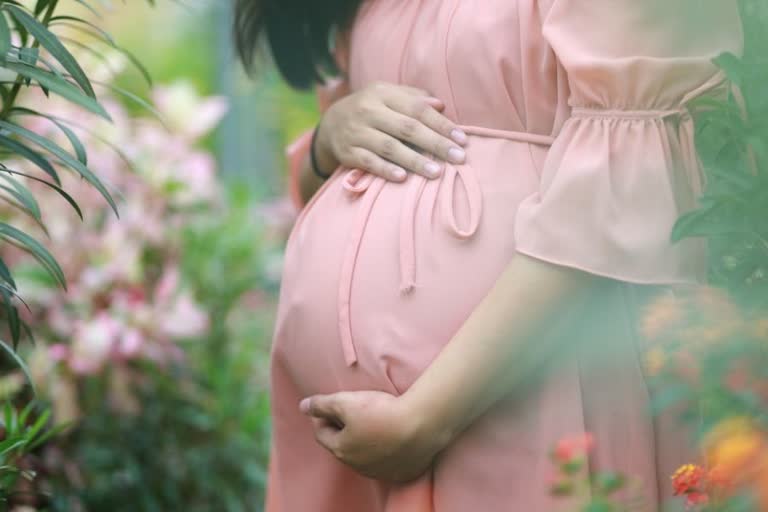In “SARS-CoV-2 and the subsequent development of preeclampsia and preterm birth: evidence of a dose-response relationship supporting causality,” published in the American Journal of Obstetrics and Gynecology, the researchers reported that the rate of preterm birth in about 1,000 pregnant women who tested positive for SARS-CoV-2, the virus that causes COVID-19, was a function of the severity of infection.
“The more severe the SARS-CoV-2 infection, the greater the risk of preterm birth,” said Roberto Romero, M.D., DMedSci, chief of the Perinatology Research Branch (PRB) and professor of Molecular Obstetrics and Genetics at the Wayne State University (WSU) School of Medicine. “There was a dose-dependent relationship between the severity of SARS-CoV-2 infection and the risk of prematurity.”
The WSU/PRB researchers conducted the study in collaboration with the Fetal Medicine Foundation of London, finding that the rate of preterm birth in about 1,000 pregnant women who tested positive for COVID-19 depended on the severity of their infection. The excess rate of premature birth, the report, is largely due to medically-induced preterm birth brought about by concerns for the health of the mother, such as preeclampsia.
Preterm birth, the leading cause of perinatal morbidity and mortality worldwide, is defined as one that occurs before 37 weeks of gestation. Two-thirds of preterm births are due to the spontaneous onset of preterm labor. The remaining third is due to medical conditions that affect either the mother or the unborn baby that necessitate delivery.
